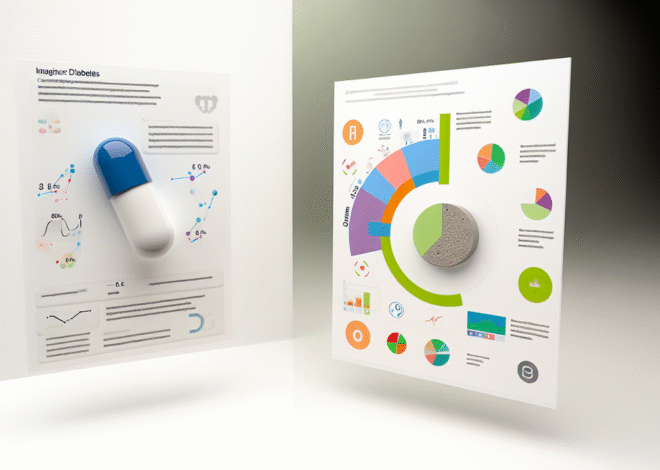
Understanding Credit: The Fundamentals
Understanding credit is essential for anyone looking to manage their finances effectively. At its core, credit refers to the ability to borrow money or access goods or services with the understanding that payment will be made later. Credit is typically represented through a credit score, which influences your ability to secure loans, credit cards, and even rental agreements. Improving Financial Health gives a comprehensive overview of how credit impacts your financial decisions.
Assessing Your Current Credit Situation
To assess your current credit situation, it’s crucial to monitor your credit score regularly, which is a numerical representation of your creditworthiness. You can check your credit score through various platforms, such as annualcreditreport.com, where you can obtain free reports once a year from the three major credit bureaus: Experian, Equifax, and TransUnion. Understanding your credit report involves reviewing three key areas:
- Personal Information: Ensure your name, address, and Social Security number are correct.
- Credit Accounts: This section includes all your credit cards, loans, and payment histories. Look for any discrepancies or outdated accounts that could negatively impact your score.
- Inquiries and Public Records: Review hard inquiries (when lenders check your credit) and any public records like bankruptcies or liens, as these significantly influence your credit score.
Identifying negative factors impacting your score is essential. Common issues include late payments, high credit card balances (utilization over 30% is harmful), and accounts in collections. For more strategies on enhancing your credit score or mitigating negative impacts, check out our article on improving financial health.
Creating a Credit Rebuilding Plan
Creating a credit rebuilding plan involves a series of actionable steps to improve your financial health. Here’s a structured approach:
- Review Your Credit Report: Start by obtaining copies of your credit reports from the three major bureaus: Experian, TransUnion, and Equifax. Identify any inaccuracies or negative entries that can be disputed.
- Set a Budget: Track your income and expenses to understand your financial situation. Utilize budgeting tools or apps to keep spending in check and allocate funds towards debt repayment. Resources like budgeting apps can help.
- Prioritize Debt Payments: Focus on paying off high-interest debts first, such as credit cards. Consider the snowball or avalanche method to systematically reduce debt. Aim to make at least the minimum payment on all accounts to avoid late fees.
- Establish a Payment Plan: Once you have debts outlined, create a repayment schedule. Stick to it rigorously and set up automatic payments to ensure you don’t miss due dates.
- Utilize Credit Responsibly: If you can manage it, consider applying for a secured credit card. This can help rebuild credit by showcasing responsible usage. Make small purchases and pay them off in full each month.
- Avoid New Hard Inquiries: Restrain from applying for new credit accounts unless necessary, as multiple inquiries can negatively affect your credit score.
- Monitor Your Progress: Use credit monitoring services to keep track of your credit score and report changes over time. Regularly checking can help you stay motivated and understand how your actions impact your credit.
By following these steps and committing to financial discipline, you can effectively rebuild your credit over time. For additional tips on managing finances, visit our article on financial wellness strategies.
Strategies for Improving Your Credit Score
Improving your credit score takes time and diligence, but adopting effective strategies can lead to positive results. Start by regularly checking your credit report for errors and disputing any inaccuracies. Maintaining a low credit utilization ratio, which means using less than 30% of your total available credit, is essential. Paying bills on time and setting up reminders can significantly impact your score positively.
Ongoing Maintenance: Keeping Your Credit Healthy
Keeping your credit healthy requires consistent monitoring and proactive management. Regularly review your credit report and scores to track your progress and understand how new financial actions affect your credit. Consistently paying bills on time, maintaining low credit balances, and being cautious about opening new credit lines or loans will help ensure your credit remains strong. Staying educated about credit and financial management best practices will empower you to make informed decisions long-term.








